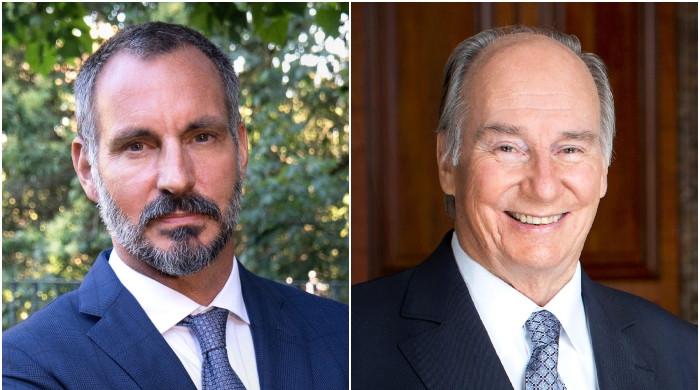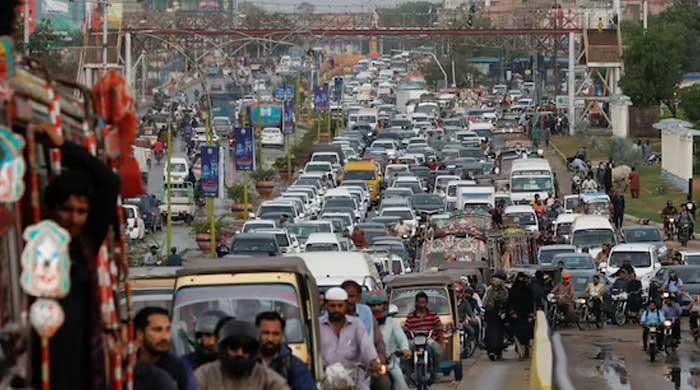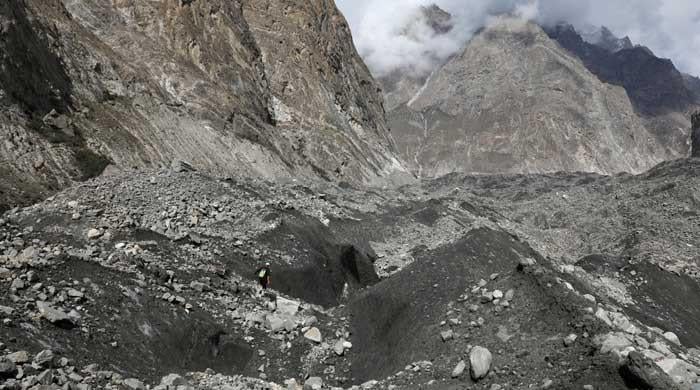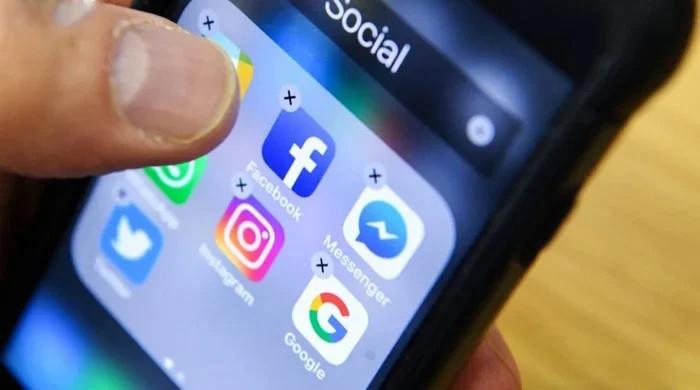Here is how you can take care of yourself during the pandemic
According to Attachment theory and research, healthy human relationships and physical human connections are as essential for survival as food and safety
June 29, 2020
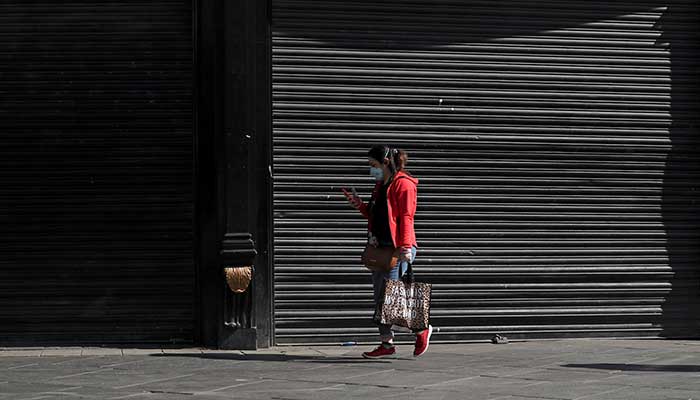
How I long to hug my sister. To receive that gentle touch that soothes something within.
The kisses that I received on the forehead from my father each time we met feel so precious now. I close my eyes to relive these moments and that strange, twisting anxiety I always feel is soothed. The cuddles with my nephews are a memory from before.
I often wonder if having all of that within my reach, and then making a choice every day not to receive it, is somehow impacting me in ways that I have not yet fully discerned.
According to Attachment theory and research, healthy human relationships and physical human connections are as essential for survival as food and safety. Many of you might know of that famous study at a camp in World War II where infants died from a lack of touch.
Even if I did not believe in that study, I know how much I crave those warm embraces right now. How sick I am of meeting my loved ones from behind a mask or at a 6ft distance. My system is love deprived and overloaded with fear.
COVID-19 may have deeper consequences for the human system than just fear, depression, and anxiety as quoted by many studies across the world.
A recent survey, titled “Psychological and Behavioral Response to the Coronavirus (COVID-19) Pandemic”, which studied over 400 participants in Karachi, found that 84.5% of the respondents reported having cut down on meeting friends and family and a significant number of people reported anxiety (62.5%) and other psychological symptoms across both genders.
Why wouldn’t they feel anxious? It is only normal. Our system is under constant threat so of course, we will feel anxious. Our movement is at a virtual standstill so it is only natural that we will feel helpless and isolated. We are caged, and like caged animals whose basic instincts are compromised, our fundamental behaviours that ensure our survival such as eating, sleeping and reproductive patterns are disrupted.
But I am talking about a deeper impact. I am talking about a lack of love and connection.
No wonder a student who is isolated in his apartment for three weeks or perhaps three months, without any real human contact and an overwhelmed psychological system begins to contemplate suicide.
As human beings, we thrive on connections yet somehow are expected to perform without it.
Individuals are reporting to me in overwhelming numbers how they are only now struggling with the lockdown. The reservoirs of positivity, love and hope that we started out with are now depleting. Patience is running on reserve.
Individuals who never showed psychological symptoms are now showing it for the first time, and the ones who already had mild symptoms have ascended (rather descended) to new levels of severity.
Everyone has seemed to move up a notch on the scale of psychological distress. And much like our health system, our feeble mental health system is unable to respond.
Yet, despite this global trauma, I believe this is an acute problem from which we will recover in due time. In the meantime, my suggestion to everyone is to recognise the critical importance of psychological helplines, of calling friends to find/give solace, or contacting rescue services if the distress becomes intolerable.
I also suggest lots and lots of self-compassion, i.e. allowing the overwhelmed system some respite and realizing that you deserve love, compassion and kindness irrespective of what your circumstances are. In fact, showing kindness to yourself is more important in these times than showing it to others.
Concordantly, keep an eye on the people around you. Reassure them that it’s ok to have a bad day. That it is alright, and perhaps even good, to be sad. That it is ok to miss the life you once had.
Umar is a practising therapist in Pakistan




